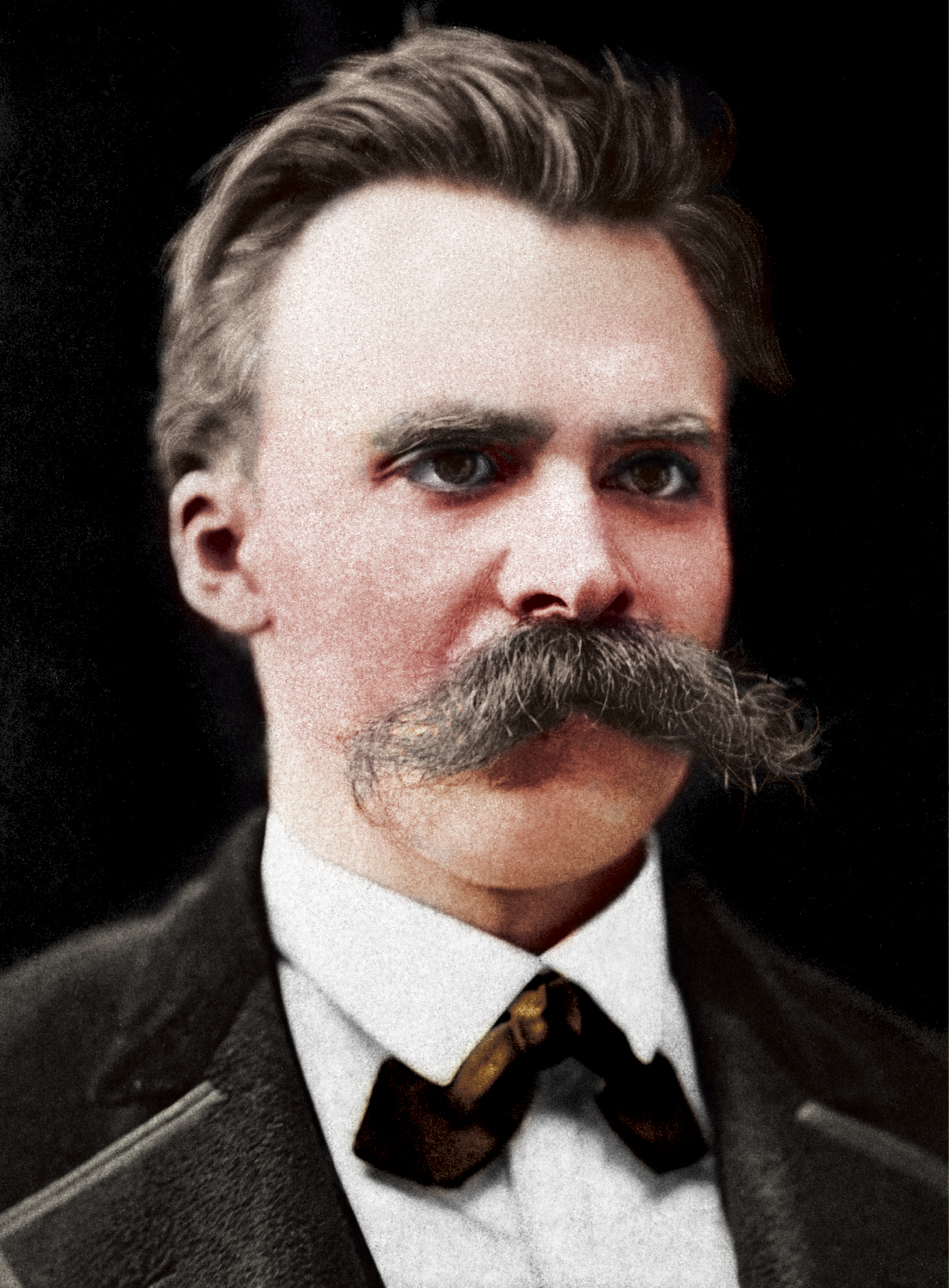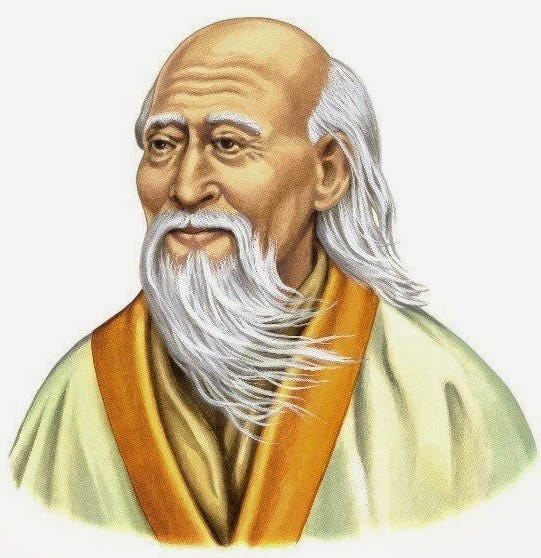Constitution of the
American Philosophical Practitioners Association
Article I. Mission
The American Philosophical Practitioners Association, or APPA, is a non-profit educational corporation dedicated to furthering philosophical practice. Philosophical practice is defined by the APPA as a set of philosophically-based activities that include personal action, individual counseling, group facilitation, organizational consulting and educational programing. The intent of these activities is to benefit the public. The activities are non-medical, non-iatrogenic and not allied intrinsically with psychiatry or psychology. The foci of these activities are educational, axiological and noetic. The APPA aims to further philosophical practice in America by educating the public, disseminating literature, cultivating client bases, providing referrals, initiating or approving courses and programs, conducting seminars and workshops, organizing or participating in conferences, inviting distinguished practitioners from abroad, certifying practitioners where advisable or necessary, recommending appointees to Boards of Examiners to certify applicants for State certification or licensing where applicable, providing liaison with American and foreign national organizations in both private and public sectors, and engaging in educational and other activities compatible with the advancement of philosophical practice.
Article II. Board of Directors, Officers and Executive Committee
1. The APPA will have a Board of Directors, consisting of not less than five persons and not more than eleven persons. The founding number is five. The Board of Directors will conduct its affairs, including the appointment of additional Directors, in accordance with the APPA’s articles of incorporation. Directors will serve terms of three years. Further terms of service will be determined by the Board of Directors in accordance with the articles of incorporation and bylaws of the Association. Any changes to this constitution must be approved by a majority of the Board of Directors.
2. The Board of Directors will appoint the Officers of the APPA. The APPA will have five officers: one President, three Vice Presidents, and one Secretary-Treasurer. The President will have general charge of the Association’s affairs, and may act with power on all matters not otherwise specified in the articles of incorporation, this constitution or subsequent legislation of the Association. The President will normally preside at official meetings. The Vice Presidents and the Secretary-Treasurer will be the President’s advisors and deputies, and may take charge of particular affairs of the Association as delegated or approved by the President. A Vice President will normally preside at official meetings in the President’s absence. The Secretary-Treasurer will be in charge of Association data, will receive and disburse Association funds as authorized by the President, and will record and report financial transactions as required by the APPA’s articles of incorporation. The Officers will be responsible for policies of the APPA, and will report as required to the Board of Directors. Officers will serve terms of three years. Further terms of service will be determined by the Board of Directors in accordance with the APPA’s articles of incorporation and bylaws.
3. The Officers of the APPA will appoint the Executive Committee. It will have no fewer than five members, who will serve terms of three years. The Executive Committee will be responsible for operations of the APPA, and will report as required to the Officers.
Article III. National and International Advisory Boards
1. Distinguished American practitioners will be invited by the Board of Directors to join the APPA’s National Advisory Board. They will be consulted, as need arises, on issues pertaining to policies and operations of the APPA. The normal term of service will be three years.
2. Distinguished foreign practitioners will be invited by the Board of Directors to join the APPA’s International Advisory Board. They will be consulted, as need arises, on issues pertaining to policies and operations of the APPA. The normal term of service will be three years.
Article IV. Certified Membership
Membership in the APPA is not restricted by nationality, age, sex, gender, race, ethnicity, political affiliation or religious persuasion. Certified membership in the APPA is normally restricted to persons who:
(1) hold an advanced degree in Philosophy (e.g. M.A., M.Phil., Ph.D., D.Phil.) from an accredited academic institution; and
(2)(a) have documented experience as a philosophical practitioner, which includes client counseling, group facilitation, or organizational consulting; or
(2)(b) have satisfied APPA training requirements for counselors, facilitators or consultants; and
(3) have attestable qualities of professionalism and reputability conducive to the integrity of philosophical practice.
Exceptional applicants who do not satisfy criterion #1, but who satisfy criteria #2(a) or #2(b) and criterion #3, may be considered for certified membership.
Article V. Affiliate Membership
Qualified, experienced and reputable practitioners of counseling, facilitation or consulting who are grounded in other vocations–e.g. legal, pastoral, psychiatric, psychological, social, managerial–but who explicitly or implicitly utilize philosophical elements in their practices, or who seek professional cooperation with philosophical practitioners, may apply for affiliate membership in the APPA. While affiliate members may not represent themselves as certified members of the APPA, they may, upon fulfilling the criteria in Article II, apply for certified membership. Affiliate members of the APPA will be eligible to participate in special seminars, educational programs and other events designed to enhance the philosophicality of their practices. The Directors may invite a representative Affiliate Member to serve on the National or International Advisory Board.
Article VI. Adjunct Membership
Holders of an accredited M.A. or Ph.D. in Philosophy, or the equivalent thereof (as determined by the APPA), may apply for adjunct membership in the APPA. Adjunct Members are eligible to register for and attend APPA educational programs, in partial fulfillment of APPA certification requirements. Adjunct Members who satisfy such requirements may then apply to become Certified Members. Adjunct Members who do not seek certification may retain Adjunct Membership. The Directors may invite a representative Adjunct Member to serve on the National or International Advisory Board.
Article VII. Auxiliary Membership
Any consenting adult who is a friend or supporter of philosophical practice may apply for auxiliary membership in the APPA. Auxiliary members need satisfy no professional requirements. Auxiliary members will be eligible to attend special events and other educational programs intended for the general public. The Directors may invite a representative Auxiliary Member to serve on the National or International Advisory Board.
Article VIII. Organizational Membership
Organizations may become members of the APPA. Member organizations will be offered annual general seminars, conducted by certified members of the APPA. Member organizations will also be eligible to register employees in special seminars, educational programs and other events designed to enhance individual, team and corporate ethos. The Directors may invite a representative Organizational Member to serve on the National or International Advisory Board.
Article IX. Advisory Membership
Invited members of the National or International Advisory Boards are advisory members of the Association. They may also apply to become Certified, Affiliate, Adjunct or Auxiliary Members, but are under no obligation to do so.
Article X. Honorary Membership
Individuals or organizations may become honorary members of the APPA. Honorary memberships are distinctions conferred by the Directors of the APPA.
Article XI. Responsibility, Liability and Indemnification
Under no circumstances will Directors, Officers, members of the Executive Committee, and members of the National or International Advisory Boards bear any responsibility for any actions of any members–whether advisory, certified, affiliate, adjunct, auxiliary or honorary members–of the APPA. Under no circumstances will Directors, Officers, members of the Executive Committee, and members of the National or International Advisory Boards be construed to make any representations about the actual practice of any philosophical practitioners. Directors, Officers, members of the Executive Committee, and members of the National or International Advisory Boards have no personal liability for the activities of the APPA or any philosophical practitioners, or anyone making any claim about philosophical practice, and are indemnified against all actions that may be taken against the Directors, Officers, members of the Executive Committee, and members of the National or International Advisory Boards, or in which they are individually named.
Article XII. Code of Professional Ethical Practice
The Directors, in consultation with the Advisory Boards, will approve and maintain a Code of Professional Ethical Practice suitable for philosophical practitioners in America, by which all practicing APPA members will abide. Failure by a member to abide by the APPA Code may result in disciplinary action by the Executive Committee, which may include suspension or expulsion from the APPA. The current Code is defined in and appended to the bylaws of this constitution.
Article XIII. Conduct of Business
1. The APPA will seek non-profit corporate status.
2. Its legal address will be:
50 Glenwood Avenue
Suite 710
Jersey City, NJ 07306
3. Its operational address will be:
The City College of New York
137th Street at Convent Avenue
New York, NY 10031
4. A quorum of the Board of Directors, including the President, will meet at least once annually.
5. There will be an annual general meeting of the Association, which all Directors, Officers, members of the Executive Committee, members of the National and International Advisory Boards, Certified Members, Affiliate Members, Adjunct Members, Auxiliary Members and Organizational Members will be invited to attend.
6. The APPA will conduct its business according to the articles of incorporation and bylaws of the Association, where said articles are mute, according to the provisions of this Constitution and future amendments thereof.
Article XIV. Operating Procedures
1. Directors Dues
Directors are exempt from dues, unless they additionally become members in a dues-paying category, in which case they will pay the corresponding membership dues.
2. Certified Membership Dues and Certificates
Certified membership dues of $90 annually are payable each March. Prospective members may apply at any time. Certified members’ dues are pro-rated for the initial year. Certified or prospective certified members experiencing financial hardship may apply to the Executive Committee for a reduction of dues. Certified members will receive certificates of certified membership bearing the seal of the APPA, and membership cards.
3. Affiliate Membership Dues and Certificates
Affiliate membership dues of $72 annually are payable each March, and are pro-rated for the initial year. Affiliate members will receive certificates of affiliate membership bearing the seal of the APPA, and membership cards.
4. Adjunct Membership Dues
Adjunct membership dues of $54 annually are payable each March, and are pro-rated for the first year. Adjunct members will receive membership cards.
5. Auxiliary Membership Dues
Auxiliary membership dues of $36 annually are payable each March, and are pro-rated for the first year. Auxiliary members will receive membership cards.
6. Organizational Membership Dues and Certificates
Organizational membership dues range from $1,494 annually, and are scaled according to the number of employees attending annual general seminars and/or special seminars, workshops or educational APPA events. Organizational members will receive certificates of organizational membership bearing the seal of the APPA. Employees attending general seminars and/or completing special seminars, workshops or other educational APPA events will receive personalized certificates bearing the seal of the APPA.
7. Advisory Membership Certificates
Advisory members pay no dues. They will receive certificates of membership bearing the seal of the APPA. Advisory members who additionally become members in a dues-paying category will pay the corresponding membership dues.
8. Honorary Membership Certificates
Honorary members pay no dues. They will receive certificates of honorary membership bearing the seal of the APPA.
9. Succession of Directors
Founding Directors of the APPA will serve initial three-year terms, following which the Board of Directors will be self-perpetuating. Expansions or contractions of, as well as additions to or removals from the Board, will be decided by a majority vote of the Board of Directors.
10. Presidential Veto
The President will have the power to veto in principle any decision made by a majority of Directors but opposed by the President. A Presidential veto in principle must be exercised in writing, by the President, to all Directors. Upon receipt of a written Presidential veto in principle, the Directors will, after due deliberation, either rescind or uphold the vetoed decision. If the decision is upheld, the President will either rescind or uphold the veto in principle. If the veto in principle is upheld, the President will then seek veto in practice. Veto in principle becomes veto in practice only if ratified via a plebiscite among all dues-paying APPA members. For ratification, the plebiscite must reflect a majority vote supporting the veto in a majority of membership categories (i.e. a majority of majorities among Certified, Affiliate, Adjunct, Auxiliary and Organizational Members). The results of such a plebiscite will be binding on the Directors and the President, and will serve either to quash or to uphold the decision in question.
11. Directorate Veto
The Directors will have the power to veto in principle any decision made by the President but opposed by a majority of the Directors. A Directorate veto in principle must be exercised in writing, by a majority of Directors, to all Directors and to the President. Upon receipt of a written Directorate veto in principle, the President will, after due deliberation, either rescind or uphold the vetoed decision. If the decision is upheld, the Directors will either rescind or uphold the veto in principle. If the veto in principle is upheld, the Directors will then seek veto in practice. Veto in principle becomes veto in practice only if ratified via a plebiscite among all dues-paying APPA members. For ratification, the plebiscite must reflect a majority vote supporting the veto in a majority of membership categories (i.e. a majority of majorities among Certified, Affiliate, Adjunct, Auxiliary and Organizational Members). The results of such a plebiscite will be binding on the President and the Directors, and will serve either to quash or to uphold the decision in question.
12. Code of Ethical Professional Practice
The Code will be composed of two parts: fundamental canons (i.e. overarching principles), and standards of ethical practice (i.e. specific principles). The APPA adapts the Standards of Ethical Practice of the American Society for Philosophy, Counseling and Psychotherapy (ASPCP) to serve as Part II of its Code of Ethical Professional Practice. The Directors reserve the right to amend or modify the Code of Ethical Professional Practice as circumstances warrant.
13. Certification and Education
(1) The Directors will adopt appropriate Certification Standards, and will offer educational programs to qualify Adjunct Members for certification. Suitable educational programs (not leading to certification) will also be offered to other categories of members. The Directors will appoint a Chair of a Board of Professional Examiners in each area of certified practice, who will recommend candidates for certification to the Directors. To become certified, a recommended candidate must be approved by a majority of Directors. Chairs of the Boards of Professional Examiners normally serve three-year renewable terms, but at all events serve at the pleasure of the Directors.
(2) Primary certificates will normally be valid for a period of up to two years, during which the holder may renew the primary certificate by renewing annual certified membership. However, an implied condition of primary certification is that the holder seek full certification, which is attained by advanced education and training programs. Primary certificates held by persons who do not subsequently qualify or seek to qualify for full certification will normally expire after two years, and said holders will not be eligible to renew their certified memberships until such time as they qualify for full certification. Extensions are possible on medical or compassionate grounds.
(3) Fully certified practitioners are expected to maintain awareness of (if not contribute to) salient developments in the field, and as such are expected to participate in regular educational and professional development. Such opportunities will be fostered by the Association.
(4) In keeping with its educational mission, the Association will offer suitable educational programs to all its non-certified members, and will further disseminate educational and informational material to the entire membership through newsletters, electronic publications, and other media.
(5) Non-certified members (i.e. Advisory, Affiliate, Adjunct, Auxiliary and Organizational Members) may neither explicitly nor implicitly misrepresent themselves as APPA-certified philosophical practitioners. Non-certified members who misrepresent themselves as APPA-certified practitioners will be suspended or expelled from the Association, and may suffer further legal repercussions.
14. Remuneration of Services and Expenses
A Director or Member may be remunerated for services rendered to the Association, and for expenses directly incurred in the rendering of said services. Remuneration will be approved by the Executive Committee.
15. Conflict of Interest
Notwithstanding aforementioned remuneration, the Board of Directors will not place itself in conflict of interest, either individually or collectively, with respect to private inurements deriving from services rendered to the Association. If the Board contracts a fellow Director or Member to render any such service, the maximum private inurement will be calculated as the fair market value of said service, minus ten percent. Other expenses (e.g. the approved purchase of goods or services by a Director or Member on behalf of the Association) will be fully reimbursed, upon submission of original receipts.
16. Historical Matter
The founding Board of Directors, Officers and Executive Committee consist of: Keith Burkum (Secretary-Treasurer); Vaughana Feary (Vice President); Thomas Magnell (Vice President); Lou Marinoff (President); Paul Sharkey (Vice President).
The founding National Advisory Board consists of: Harriet Chamberlain, Pierre Grimes, Kenneth Kipnis, Jean Mechanic, Wayne Shelton, James Tuedio.
The founding International Advisory Board consists of: Gerd Achenbach (Germany), Dries Boele (Netherlands), Stanley Chan (Canada), Jess Fleming (Taiwan), Ora Gruengard (Israel), Ida Jongsma (Netherlands), David Jopling (Canada), Anders Lindseth (Norway), Ernesto Spinelli (U.K.).
The APPA’s founding General Counsel is Ronald Goldfarb, Esq.
The APPA’s founding Special Counsel is Jennifer Hauge, Esq.
The original constitution was developed by the acting Directors at meetings in New Jersey, New York and Pennsylvania, during 1997-1998. The APPA was originally incorporated in Washington, D.C., in March 1998, and was reincorporated in Trenton, New Jersey, in April 1999.
The constitution was amended during 1998-1999, by the Board of Directors at meetings in New York, New Jersey, Washington D.C. and California. This version was ratified by a majority of Directors in March, 1999.



